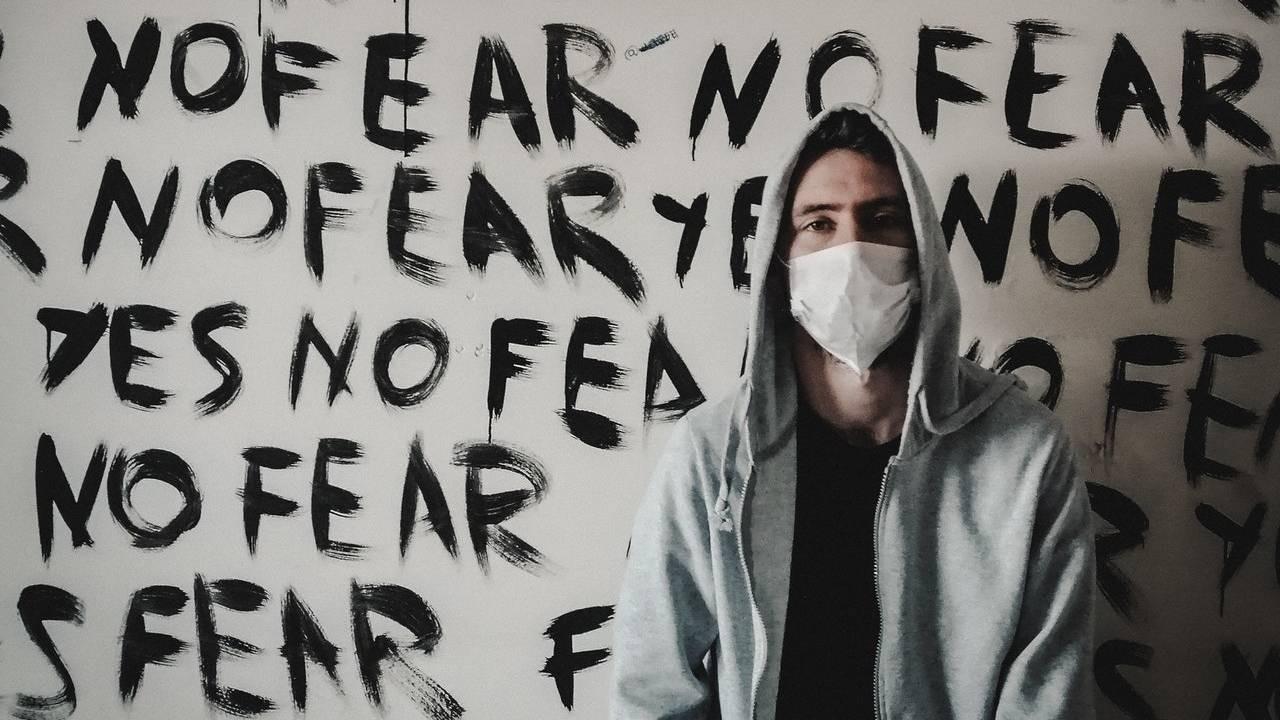Staying Calm during COVID
Welcome to our Wellbeing during COVID-19 resources blog. Each of our blogs links directly to one of our 6 rules for keeping calm during the COVID crisis.
The use of fear for good, and when it goes bad

Fear is a hugely useful asset in the management of public safety.
To caveat this blog, this is not a political piece. Rather, it is an example of leadership and the lessons we can learn from Dominic Cummings outings and the handling of that news this week.
This week, I heard the use of fear within government leadership during the pandemic described as “it (fear) must wear an iron fist with a velvet glove”.
This week, it feels like the velvet gloves were accessorised with a hooded cape. ‘Rule of fear’ has now become ‘fear and loathing in lockdown Britain’.
As a democratic society, the value of our freedom is possibly one of our most important attributes. When we were instructed to stay home on the evening of the 23rd March, we accepted that this restriction on our liberty was for our collective safety.
We had no option but to put our trust in our leaders. And to their surprise, we the public followed the guidance with much greater compliance than they, the government, expected. We...
How to explain why you don't feel safe?

Whilst some people are relishing the potential to escape from a permanent home existence, what if you don’t feel safe to return to your work environment?
This New York Times article exposes some of our concerns (albeit from a US perspective) and certainly demonstrates that any return to office anxiety you may be feeling isn’t yours alone.
It’s ok to express your concerns about returning to work, but a bit of planning can really help you work out where to begin.
Start by establishing what your concerns are, make a note of them and review what is realistic as a concern and what might not be. Still have concerns? Then it's time to escalate to the next tier up.
This kind of reflection on what your concerns are can make your appeal for reassurance more pragmatic and therefore, more likely to be well-regarded.
If you manage teams, it’s likely that they share your concerns and may harbour concerns you hadn’t considered. Before taking workplace safety issues higher, it could well be wor...
When you don't the know answers.

The answer is 42.
According to Douglas Adams 'Hitchhiker's Guide to the Galaxy' (one of my favourite books) this is the ultimate answer to the questions of life, the universe and everything.
Some answers right now can feel just as ambiguous. We're learning more about how to manage this crisis everyday.
Not having the answers is ok, nobody does.
Everything right now, is truly a 'what if'. What if the second wave comes in September? What if the insurance company fights us for payout? What if the car doesn't pass it's MOT? What if my child falls behind in their education?
Uncertainty triggers fear, and this great HBR article reminds us that, as managers and leaders our job is to project confidence and strength.
Give your 'what if's' a time limit in your mind. It can be a useful exercise to explore potential outcomes of disaster scenarios to help us feel mentally prepared with a plan of action.
However, giving these hypothetical scenarios too much bandwidth and they become vivid an...

